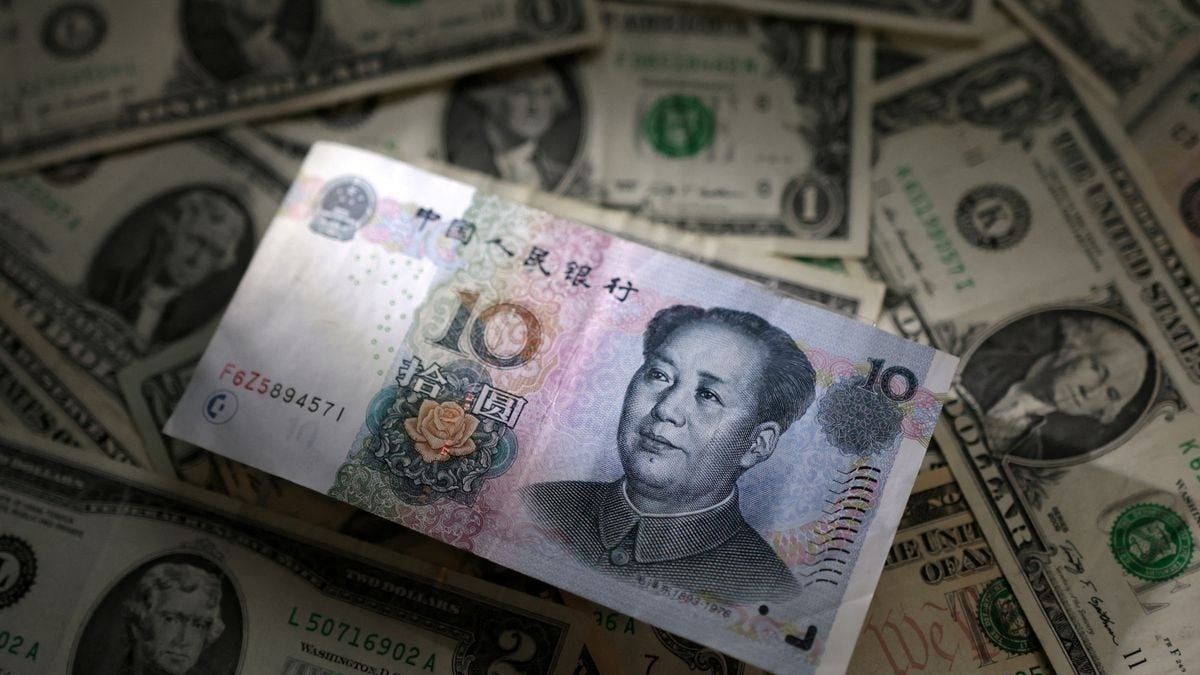The global financial landscape is witnessing a significant shift towards yuan-denominated offshore debt, known as “dim sum” bonds and loans, which saw a 65% increase year-over-year in 2023, reaching 550 billion yuan ($76 billion). Concurrently, outstanding yuan loan figures soared by 130% to 441 billion yuan. This trend underscores a growing preference among issuers and borrowers for Chinese currency financing as a strategy to hedge against foreign-exchange risks and to seek diversification away from traditional foreign currencies. Kenneth Hui, the executive director of the Hong Kong Monetary Authority (HKMA), highlighted these developments at the Global Loan Market Summit in Hong Kong on February 20.
Yuan’s Rising Popularity in Cross-Border Transactions
At the summit, Kenneth Hui emphasized the increasing use of the yuan in cross-border investment and trade scenarios. The allure of China’s capital markets is becoming more pronounced, offering international investors more yuan-denominated assets. This attraction is partly due to the relatively cheaper funding costs in yuan compared to the US dollar, especially in the wake of multiple interest rate hikes by the Federal Reserve since March 2022. Christopher Hui Ching-yu, Hong Kong’s secretary for financial services and the treasury, also weighed in, noting Hong Kong’s unique position as the world’s leading offshore yuan hub, fully equipped to meet the growing offshore yuan demands.
Policy Enhancements and Financial Cooperation
Hong Kong is actively working to bolster its support for offshore yuan dealings. Notably, the region is extending profit tax exemptions to debt instruments issued within its borders by any level of mainland local governments. This policy has already benefitted yuan debt issuances by entities such as the People’s Government of Hainan Province and the Shenzhen Municipal People’s Government. Furthermore, the HKMA and the People’s Bank of China are deepening their financial cooperation in 2023, which includes broadening the range of eligible collateral for the HKMA’s yuan liquidity facility to encompass onshore sovereign bonds. The aim is to enhance cross-border financing activities and further open up the onshore repurchase agreement market to all foreign institutional investors.
Impact on Bond Issuances and Market Dynamics
The introduction of Qualifying Debt Instruments (QDI), which offer beneficial tax treatment on trading profits and interest income from qualifying transactions, has played a crucial role in facilitating more bond issuances. According to the South China Morning Post, these regulatory adjustments and financial collaborations are setting the stage for a more vibrant and diversified global financial ecosystem, where the yuan’s role is increasingly central. As these trends continue to unfold, the implications for international trade, investment, and currency markets are profound, potentially reshaping the way global financial transactions are conducted.




